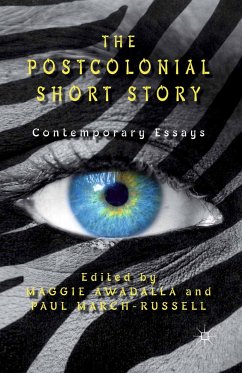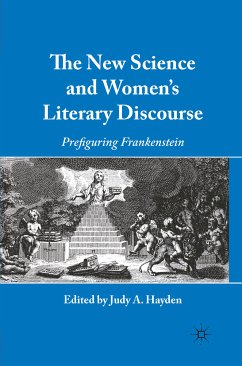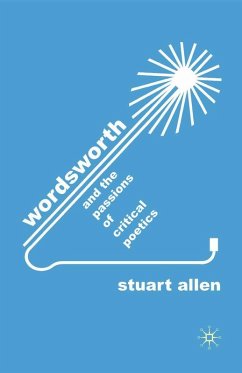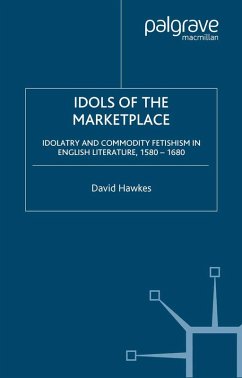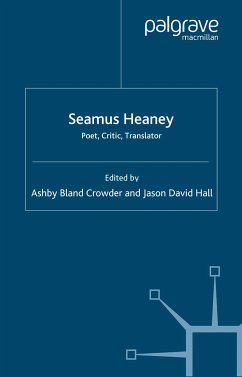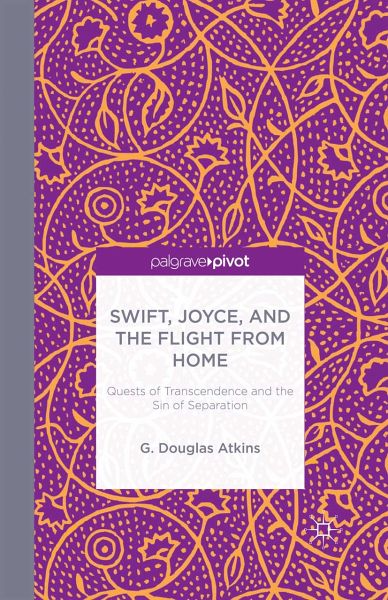
Swift, Joyce, and the Flight from Home (eBook, PDF)
Quests of Transcendence and the Sin of Separation
Versandkostenfrei!
Sofort per Download lieferbar
40,95 €
inkl. MwSt.
Weitere Ausgaben:

PAYBACK Punkte
20 °P sammeln!
In a fresh reading of Gulliver's Travels and A Portrait of the Artist as a Young Man, Atkins draws parallels between the protagonists: both Lemuel Gulliver and Stephen Dedalus flee from the burdens of life, seeking a transcendent existence. The study sheds important new light on both novels as essential critiques of modern misunderstandings.
Dieser Download kann aus rechtlichen Gründen nur mit Rechnungsadresse in A, B, BG, CY, CZ, D, DK, EW, E, FIN, F, GR, HR, H, IRL, I, LT, L, LR, M, NL, PL, P, R, S, SLO, SK ausgeliefert werden.



